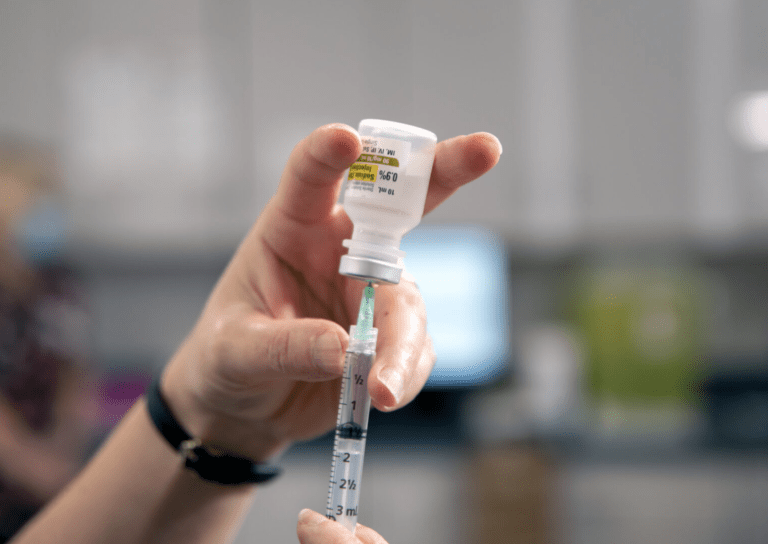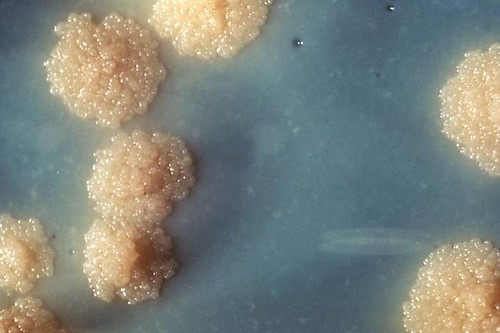
Medical health officers advised caution over the long weekend as Saskatchewan grapples with a fourth wave of COVID-19 driven by the Delta variant. Household gatherings are the biggest source of transmission in the province, the doctors said. The holiday weekend also comes during an outbreak of tuberculosis (TB) in two northern communities.
Indigenous Services Canada Medical Health Officer Ibrahim Khan and Northern Inter-Tribal Health Authority Medical Health Officer Nnamdi Ndubuka warned in a joint statement on Thursday that close quarters and sharing food are high risk activities for transmitting the COVID-19 virus.
“Our province is seeing record high rates of daily new COVID-19 cases, hospitalizations and ICU admissions,” the doctors wrote. “The Delta variant and low rates of vaccination are the two main factors driving the growth of these new cases.”
The variant of concern is spreading more quickly and to more people within communities than previous variants. The doctors warned increased ease of transmission coupled with more serious health outcomes make the fourth wave “more dangerous than previous waves.”
“Vaccination levels in many communities have not yet reached the targeted levels needed to keep the virus from circulating,” the doctors wrote.
“This is what is making this wave so threatening.”
The Delta variant is also more dangerous for children under 12 years old who are not yet eligible to be vaccinated, the statement reads. All eligible youth and adults should get fully vaccinated “to provide the best circle of protection around them.”
The doctors urged residents to take precautions this long weekend to stop the transmission of the virus and “prevent further pressures on our health care system.”
Unvaccinated people shouldn’t gather with family and friends this long weekend to avoid posing a risk to others. Meet-and-greets should happen outdoors where risk of transmission is lower. If gathering indoors, people should know the vaccination status of all guests.
If gathering in a public place or enjoying long weekend activities people should follow masking and proof of vaccination or test requirements at the location.
“We cannot let our guards down this long weekend. The virus is very smart and will spread at any chance it gets,” the doctors wrote.
“We all have a role to play to curb this fourth wave and these short-term measures can help stop further transmission of COVID-19 to protect children, families and communities.”
Pandemic adds to Athabasca tuberculosis crisis

The Thanksgiving holiday weekend comes during an outbreak of tuberculosis (TB) in the northern communities of Black Lake and Fond du Lac announced on Friday.
Athabasca Health Authority (AHA) Executive Director of Primary Healthcare Taiwo Olubanwo pointed to similarities between symptoms of TB and COVID-19 and announced a plan to address both diseases. Both are infectious diseases that primarily attack the respiratory system.
Both COVID-19 and TB can result in cough, fever and difficulty breathing. Tuberculosis has a longer incubation period in the body that means a slower onset of the disease.
“Given that the COVID-19 crisis is ongoing around the world with its effects much felt in certain underserved areas, TB crisis management may potentially suffer some setbacks if not given the needed attention,” Olubanwo wrote.
“In the far north-central zone of Saskatchewan currently covered by the AHA, we’ve recently identified a heightened TB crisis.”
The AHA said there are “no fewer” than seven cases of tuberculosis in Black Lake and six cases in Fond du Lac with evidence of community transmission.
The AHA said TB patients should take extra caution to avoid infection with COVID-19 and follow their treatment plans. Early diagnosis along with good hygiene practices like covering the mouth and nose while sneezing might help reduce transmission.
The AHA said it will grow its workforce to manage communicable diseases, including COVID-19, TB and HIV. A TB/COVID-19 hotline for client support will also be rolled out soon.
An “improved management approach” for TB is being developed and cases will be monitored more closely with regular situation reports, the AHA said.
